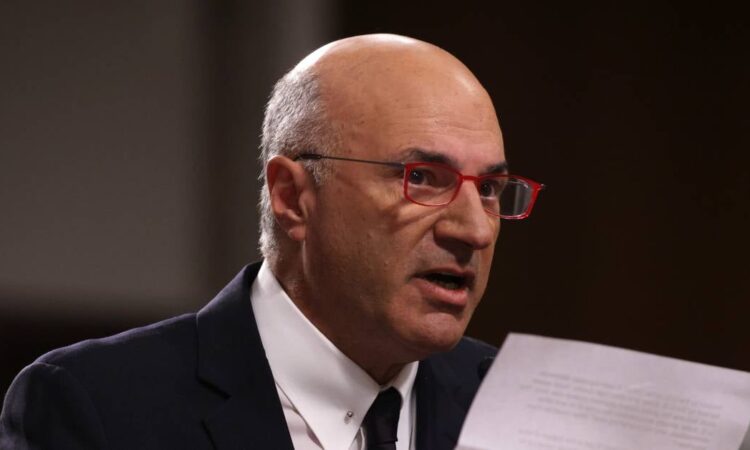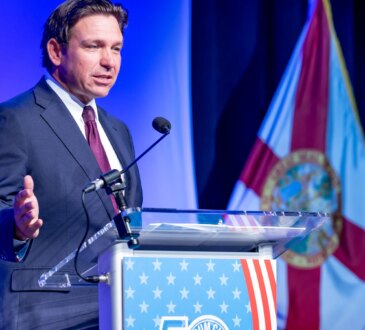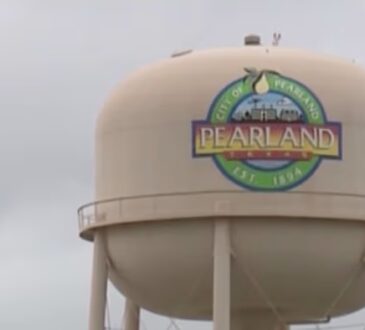Kevin O’Leary issues warning over US real estate — claims he’s spotted a ‘crushing indicator’ for housing. Here’s the big red flag and what to do next

‘The cold hard truth’ — how to survive the fallout
Elevated rates don’t just make mortgages more expensive — they also choke supply.
“Right now, the average rate on the 30-year fixed mortgage is 6.58 percent, which makes it difficult for many existing homeowners, who locked in previously low rates (as low as 3 to 4 percent), to sell their homes and take on a new, higher mortgage,” O’Leary explained.
“As a result, they’re demanding high sales prices — and buyers are feeling hopeless, facing exorbitant listings and high-interest mortgages.”
And the situation won’t change soon. “Here’s the cold hard truth — the days of free money and low mortgage rates are over!” O’Leary wrote.
Why? He argued that America’s economy is “firing on all cylinders,” with Trump’s industrial policy forcing more companies to invest in the country. While that’s good for growth, it won’t ease inflation — or mortgage rates.
Given this tough backdrop, O’Leary has a simple piece of advice for would-be buyers: “Accept that you’ll have to buy a smaller house, likely 30 percent smaller.”
But size aside, he says the key is financial discipline:
“Do not — under any circumstances — buy a home that eats up more than 33 percent of your cash flow when factoring in insurance, taxes and mortgage payments.”
Getting on the housing ladder
The housing market is daunting. A recent Bankrate study found that to afford a typical home in the U.S., a household would now need an annual income exceeding $116,000.
Yet, real estate remains a popular path to building wealth.
For one, it’s a classic hedge against inflation. As inflation rises, home values tend to increase as well, reflecting higher costs for materials, labor and land. Rental income often follows suit, providing landlords with a stream of income that adjusts with inflation.
Second, while real estate moves in cycles, it doesn’t require a booming market to deliver returns. Even in a downturn, high-quality, essential properties can continue to generate passive income through rent. In other words, the asset can work for you — regardless of broader market conditions.
The best part? You don’t need to buy a property outright to invest in real estate.
Become a real estate mogul — starting with $100
Crowdfunding platforms like Arrived have made it easier than ever for everyday investors to gain exposure to America’s real estate market.
Backed by world class investors like Jeff Bezos, Arrived allows you to invest in shares of rental homes with as little as $100, all without the hassle of mowing lawns, fixing leaky faucets or handling difficult tenants.
The process is simple: browse a curated selection of homes that have been vetted for their appreciation and income potential. Once you find a property you like, select the number of shares you’d like to purchase and then sit back as you start receiving any positive rental income distributions from your investment.
Tap into the multi-trillion-dollar home equity market
Americans have built substantial wealth through homeownership, but the $35 trillion U.S. home equity market has historically been the exclusive playground of large institutions.
Homeshares is changing the game by allowing accredited investors to gain direct exposure to hundreds of owner-occupied homes in top U.S. cities through their U.S. Home Equity Fund — without the headaches of buying, owning, or managing property.
With risk-adjusted target returns ranging from 14% to 17%, this approach provides an effective, hands-off way to invest in owner-occupied residential properties across regional markets.
Be the landlord of Walmart
If you’ve ever been a landlord, you know how important it is to have reliable tenants.
How do grocery stores sound?
That’s where First National Realty Partners (FNRP) comes in. The platform allows accredited investors to diversify their portfolio through grocery-anchored commercial properties without taking on the responsibilities of being a landlord.
With a minimum investment of $50,000, investors can own a share of properties leased by national brands like Whole Foods, Kroger and Walmart, which provide essential goods to their communities. Thanks to Triple Net (NNN) leases, accredited investors are able to invest in these properties without worrying about tenant costs cutting into their potential returns.
Simply answer a few questions — including how much you would like to invest — to start browsing their full list of available properties.
Sponsored



